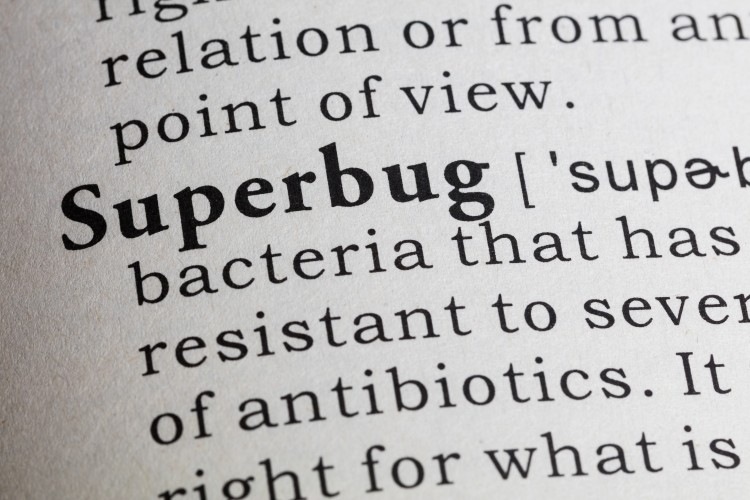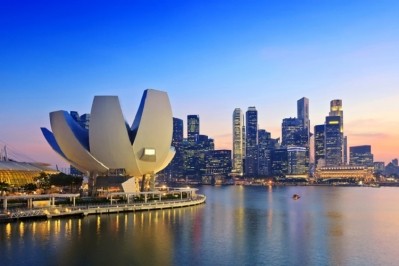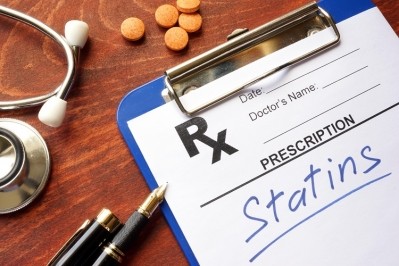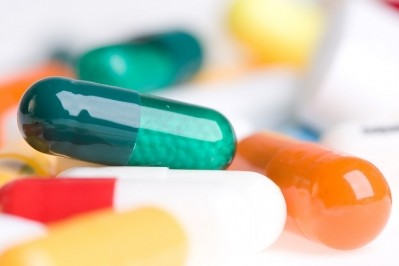DSM Sinochem to up capacity at Delft antibiotic intermediates plant

The firm cited demand for sustainably produced 7-ADCA (amino-deacetoxycephalosporanic acid) – which is used to make cephalosporin active pharmaceutical ingredients (API) - as the driver for the investment.
The expansion - which will see DSP install a new fermenter - is due to be completed by the end of the year.
DSP – which claims to be the only remaining 7-ADCA producer in the Western hemisphere – makes the intermediate using patented - US 8,541,199 B2 and EP 1,610,766 B1 – enzyme-based processes that do not use solvents.
The firm says the enzymatic approach – intellectual property for which was recently licensed to Sandoz – is more environmentally sustainable and has a smaller carbon footprint than production methods used elsewhere.
Water treatment
Beyond eliminating solvents, DSP also claims its production of 7-ADCA at Delft is more sustainable than rivals because of the site’s dedicated waste water treatment facility.
The firm said the water treatment plants “operate all year round as an integral part of DSP’s manufacturing process at Delft and all other sites, in combination with the testing of effluents for antimicrobial activity.”
DSP has been vocal about the role some ingredient suppliers play in furthering the spread of antimicrobial resistance (AMR), suggesting that manufacturers whose sites lack dedicated treatment capacity are a major problem.
The argument – which is supported by a recent research by the European Health Protection Agency (EHPA) - is that mixing of improperly treated waste at shared plants promotes allows resistant bacteria to exchange generic information, creating multiply resistant “superbugs.”


















